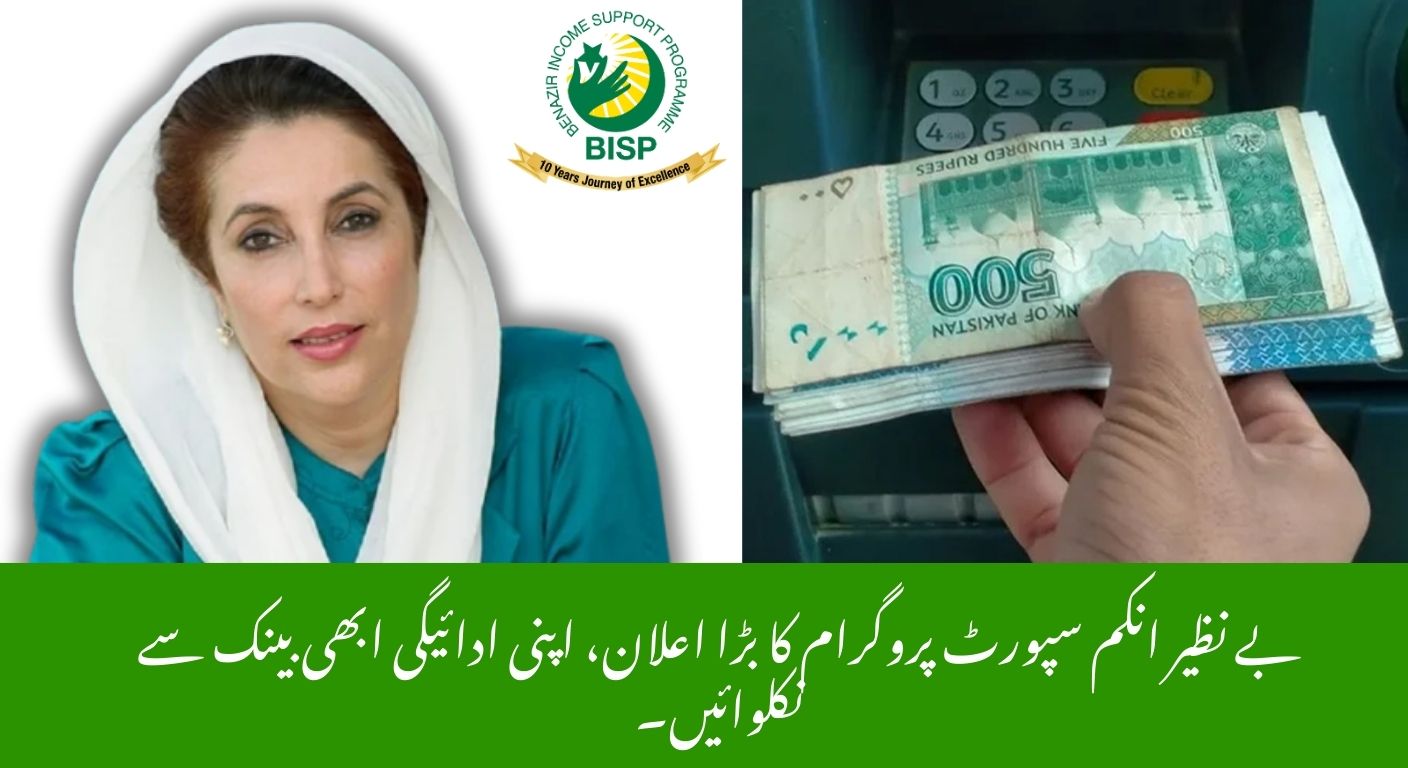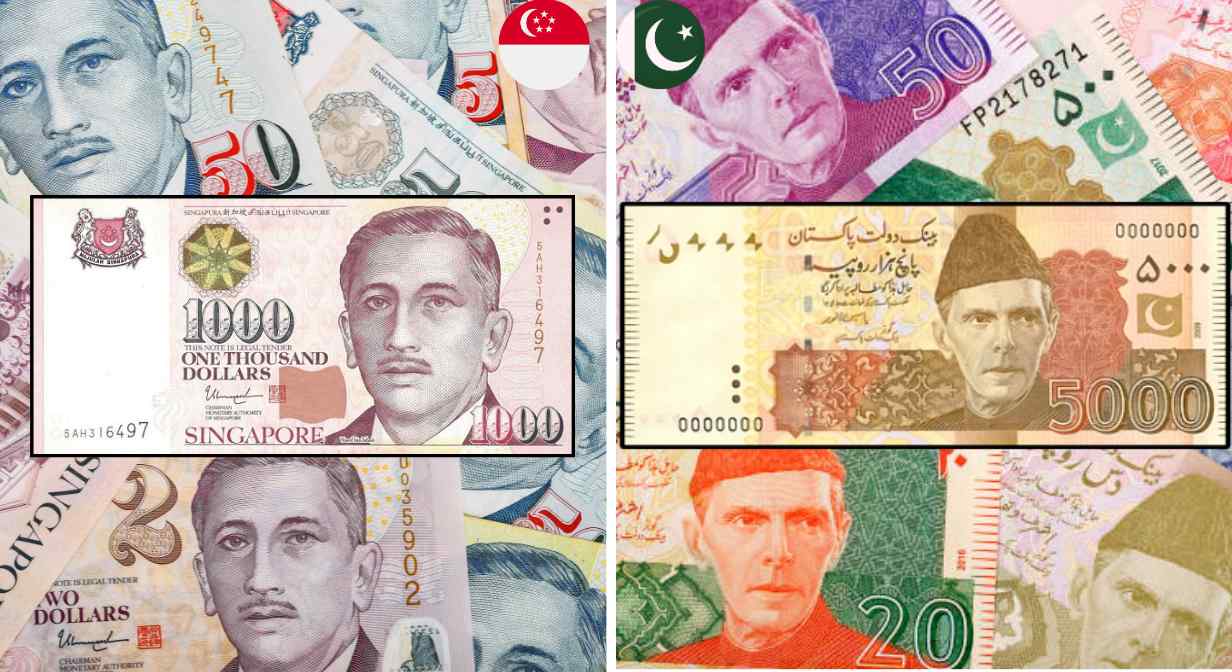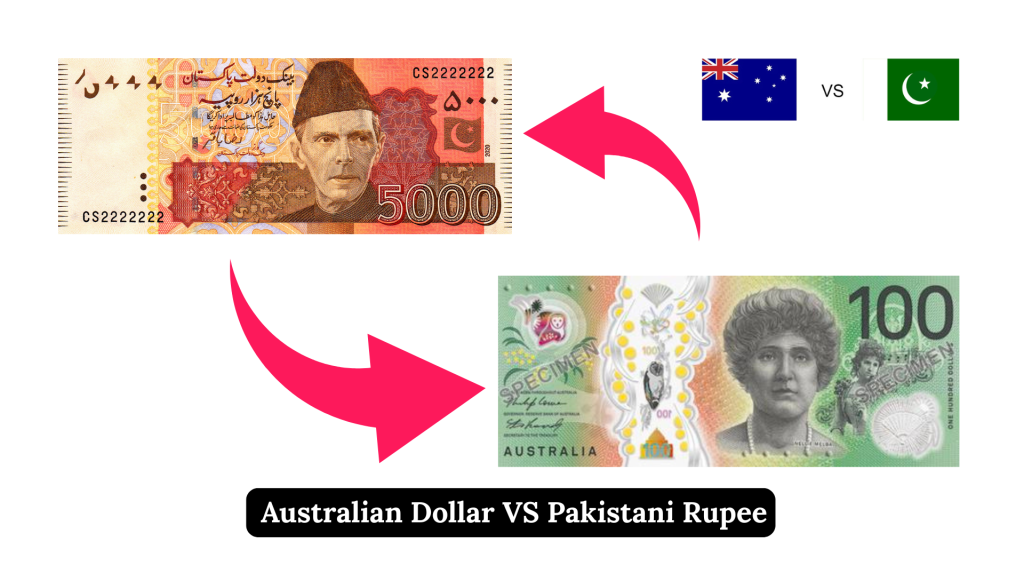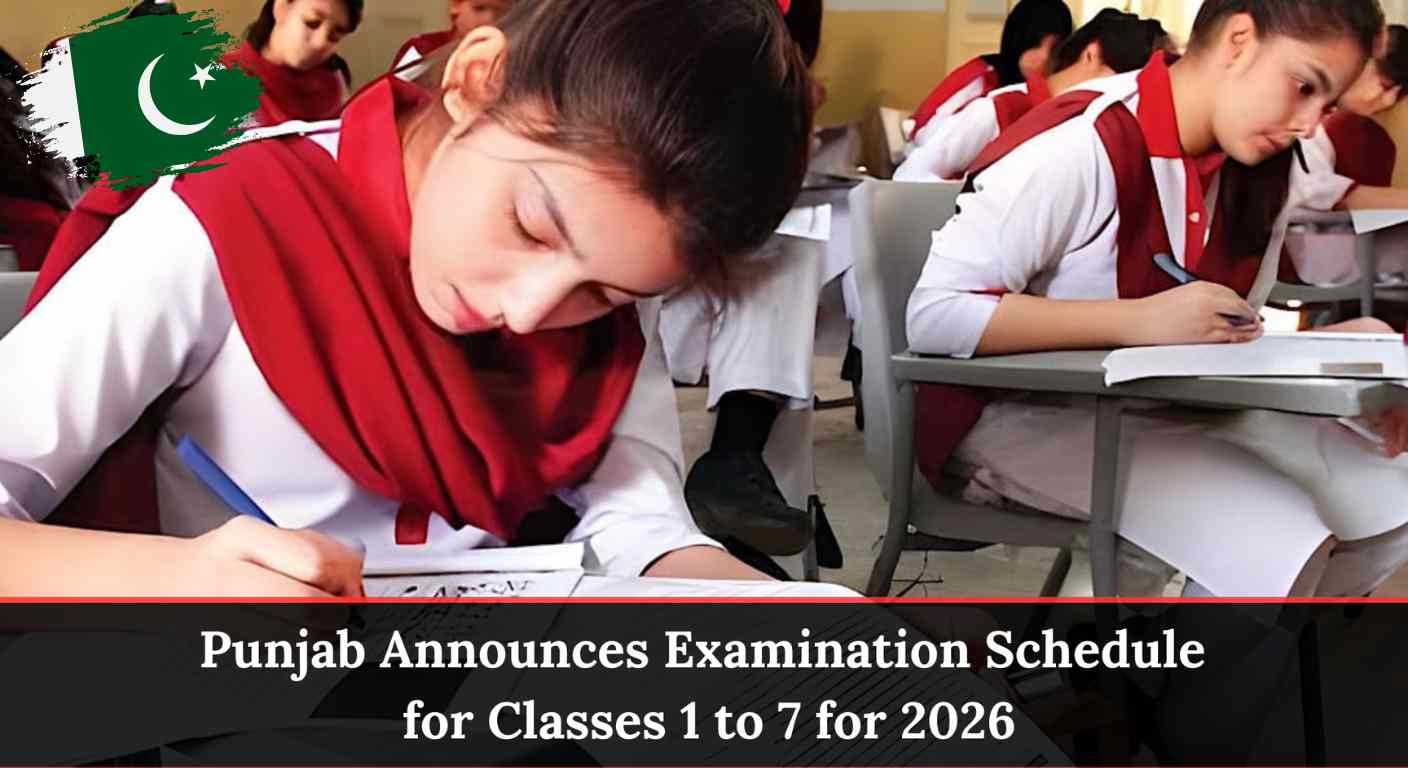In Pakistan, the Benazir Income Support Programme (BISP) is one of the largest social safety nets in South Asia. It provides direct cash assistance to millions of vulnerable families, with women at the center of the program.
How BISP Helps Families
BISP is more than just financial aid. It also plays a social role by reducing family stress and strengthening women’s voices in decision-making. Research shows that regular cash payments can reduce intimate partner violence (IPV) by easing financial tensions and building household stability.
Some of the main benefits of BISP transfers include:
- Reduced stress: Payments help families buy food, pay school fees, and cover healthcare, reducing arguments over money.
- Women’s control: Cash is transferred directly to women, giving them more authority in household matters.
- Improved relationships: With fewer financial worries, communication within families improves.
- Social respect: Women who contribute financially earn more recognition in their homes and communities.
Why Sudden Discontinuation is Risky
In 2025, concerns have been raised about the possible discontinuation of BISP payments. If cash transfers stop suddenly, the negative effects could be serious:
- Financial pressure returns: Families lose a stable source of income, leading to food insecurity and unpaid bills.
- Loss of women’s autonomy: Without BISP funds, decision-making power shifts back to men or in-laws, reducing women’s independence.
- Higher risk of IPV: Stress and lack of resources often fuel arguments and violence inside households.
- Unequal outcomes: Some households may cope through savings or extra income, but the poorest families will suffer the most.
Global Evidence
International experiences highlight why cash transfer programs should not end abruptly:
- In Bangladesh, nutrition-linked cash support reduced IPV and improved child health.
- In Latin America, conditional cash transfers for education lowered household conflicts.
- In Sub-Saharan Africa, programs targeting women were more effective than those targeting whole households.
These examples show that financial support works best when paired with skill-building and social services.
Way Forward for Pakistan
If discontinuation is unavoidable, Pakistan must avoid sudden withdrawal. Alternatives include:
- Gradual exit plans instead of immediate stoppage.
- Savings and skill training for long-term stability.
- Support services like counseling, health programs, and education.
- Clear communication so families can prepare in advance.
Final Thoughts
BISP has proven to be more than a poverty relief program—it is a lifeline that reduces domestic stress, empowers women, and builds safer households. Abruptly stopping payments could reverse years of progress. By ensuring women remain central, encouraging financial planning, and supporting families with additional services, Pakistan can protect both economic stability and household peace.







